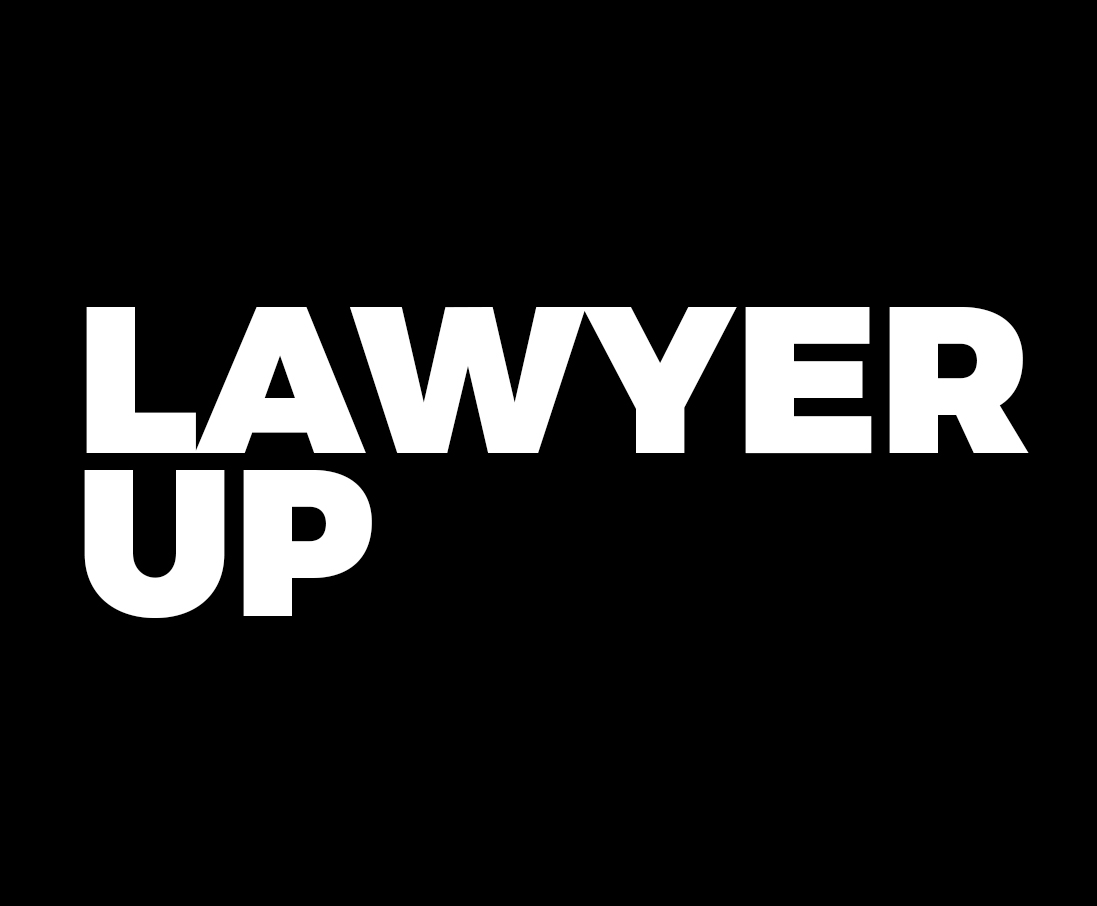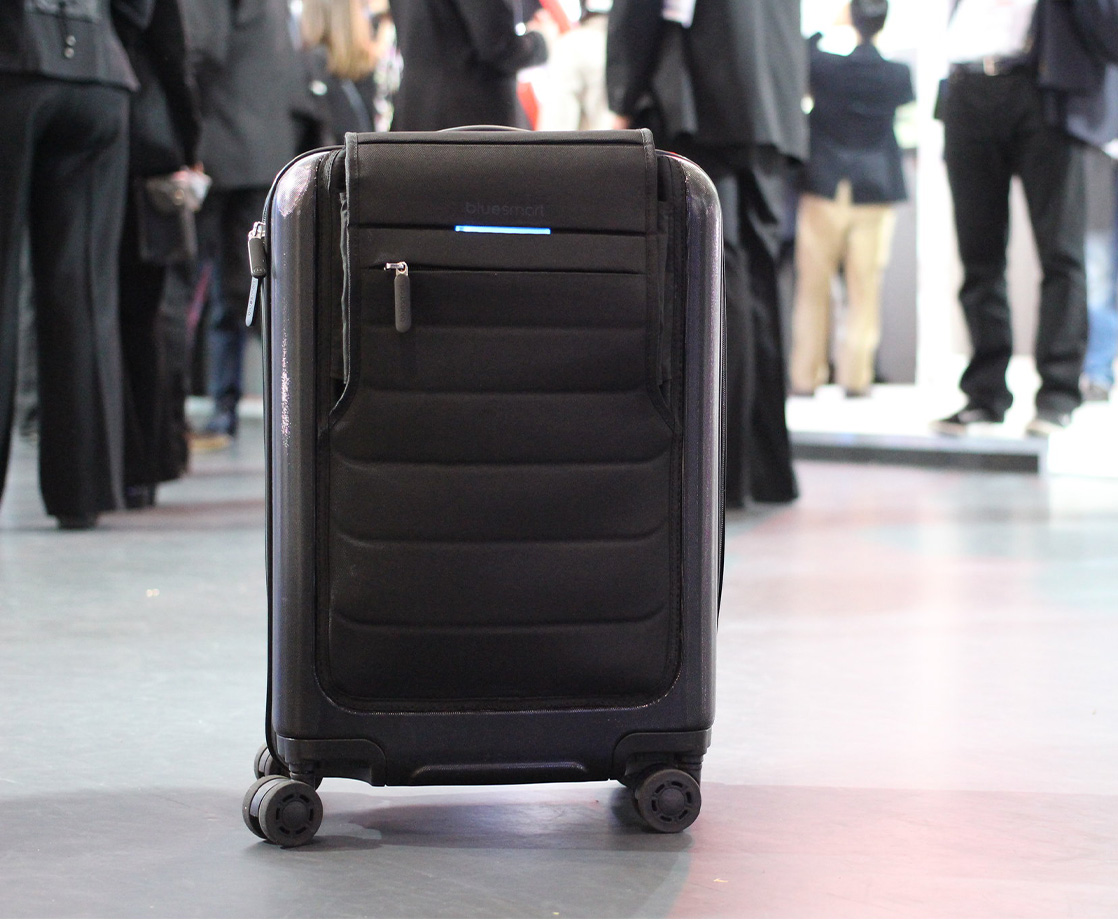Disclaimer: This column is written for educational purposes only. It does not provide specific legal advice and does not create an attorney-client relationship. This column should not be used as a substitute for competent legal advice from a licensed attorney in your state.
CBD has gained a lot of attention in recent years, especially since the non-psychoactive cannabis component has been found to be effective in treating a wide-range of ailments. And while 16 states have passed CBD-only laws allowing its use for specified illnesses, CBD’s status at the federal level is unclear at best. For this week’s edition of Lawyer Up, we’re breaking down the paradoxical laws regarding cannabidiol sales, as well as the changing legal standing of hemp products.
CBD as Medicine
CBD has been hailed as a panacea for a variety of illnesses and conditions, with evidence showing that it acts as an anticonvulsant, antipsychotic, antidepressant, and anti-inflammatory, amongst other things. Scientific studies have shown its efficacy at treating epilepsy, autism, psychotic disorders, and even killing cancer. CBD is now commonly used as treatment for:
Anxiety
Cancer
Chronic and neuropathic pain
Diabetes
Epileptic disorders
Lupus
Motor disorders
Nicotine addiction
Obsessive Compulsive Disorder (OCD)
Osteoporosis
Parkinson’s Disease
Schizophrenia and Psychotic Disorders
Hemp vs. Marijuana
CBD oil can be derived from either hemp or marijuana plants. Both are, in fact, the same species of plant — cannabis sativa L. One major difference between the two plants is that marijuana contains between 5-30% THC, whereas hemp contains less than 1% THC. “Industrial hemp” is defined as any part of the Cannabis sativa L. plant that has a THC concentration of no more than 0.3%.
So while the two are the same species of plant, anything with 0.3% or less THC content is considered hemp, while any plant with over 0.3% is considered marijuana. And even though the CBD found in both plants is identical and affects the body the same way, the plants are treated differently under the law. In an attempt to avoid the federal legal issues around marijuana, most manufacturers produce CBD oils from hemp, even though marijuana is much more CBD-rich.

Image via CBD Unlimited
Legal Controversies
When the Controlled Substances Act passed in 1970, Congress placed marijuana on Schedule I. Notably, CBD is not listed in any schedule of the CSA. Marijuana is defined to include all parts of the Cannabis sativa L. plant, except mature stalks and seeds incapable of germination. Thus, hemp stalks and non-germinating seeds may legally be used to produce hemp products such as CBD.
Even so, the legality of hemp is complicated. It’s legal to import hemp into the US and to make hemp products for sale. But it wasn’t until the 2014 Farm Bill passed that it became legal to grow hemp in the US — though it only legalized cultivation in limited circumstances. This is a positive step, but has led to a strange legal paradox. It’s still illegal to ship American-grown hemp across state lines and it’s only legal to sell items made from hemp grown overseas. This has resulted in ongoing confusion as to whether it’s legal to ship hemp-based CBD oil across state lines.
To make matters worse, the DEA issued a new rule in December 2016 declaring that certain hemp-derived extracts (e.g. CBD) are Schedule I controlled substances, and thus illegal under federal law. The DEA states: “Based on scientific literature, it is not practical to produce extracts that contain more than trace amounts of cannabinoids using only the parts of the cannabis plant that are excluded from the CSA definition of marijuana, such as oil from the seeds.” The DEA is essentially saying that oils like CBD can only be produced from the illegal parts of the cannabis plants, and thus CBD is illegal. However, many manufacturers do produce CBD-oil from the legal parts of the cannabis plant.
The DEA’s rule is illogical and nonsensical, and arguably conflicts with the Controlled Substances Act. Fortunately, The Hemp Industry Association has filed a petition with the Ninth Circuit Court of Appeals challenging the DEA’s rule. They argue that the rule is inconsistent with the CSA and the Farm Bill. They also argue that the rule is invalid because the DEA has exceeded its statutory authority. As it stands, the legality of CBD is in question. Hopefully, the Ninth Circuit’s ruling will provide some clarity soon.
~ Cannabiz Confidante





![Snoop Dogg Plays Madden 20 with his Homies in the GGL VIII Championship [PART 7]](https://merryjane.com/wp-content/uploads/2024/04/1575592134610_ScreenShot2019-12-05at4.28.44PM.png)





